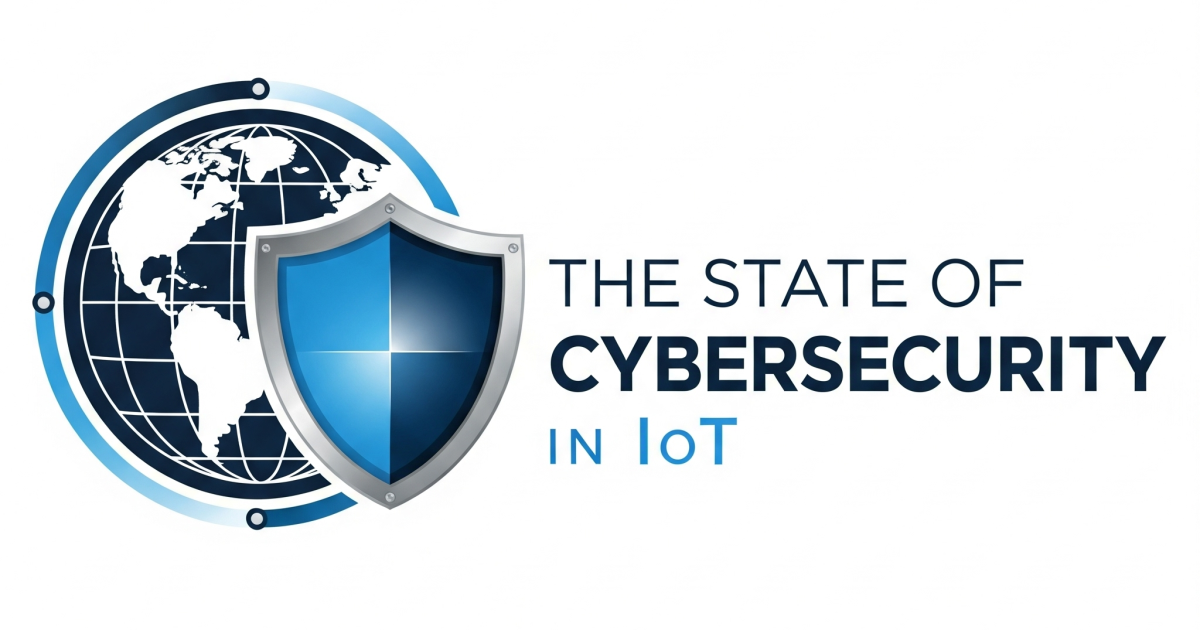
Many drivers rely on vehicle GPS trackers daily to locate and reach their next destination. But just imagine, someone attacking that tracker and cutting fuel, physically stopping the vehicle or surveilling the movement of the vehicle.
To most, it would not seem possible. However, BitSight discovered six severe vulnerabilities in the MiCODUS MV720 GPS Tracker that, if exploited in an attack, could result in any or all of those acts.
MiCODUS is a manufacturer and supplier of automotive electronics and accessories based in Shenzhen, China, that has 1.5 million GPS tracking devices in use across 420,000 customers, including government, military, law enforcement agencies and Fortune 1000 companies. The MiCODUS MV720 is a hardwired GPS tracker that offers anti-theft, fuel cut off, remote control and geofencing capabilities.
The more severe attack scenarios at risk upon the potential exploitation of these vulnerabilities, which earned as high as a 9.8 CVSS score, include:
- Remotely cutting off the fuel line of a vehicle in motion.
- Gaining access to vehicle location information, user routes, geofences and real-time location tracking for surveillance purposes.
- Monitoring and controlling all communications to and from the GPS tracker, including intentionally issuing incorrect vehicle location information to the GPS server.
BitSight is recommending users to immediately stop using or disable any MiCODUS MV720 GPS trackers until a fix is made available by the company as there is no known workaround.
"The vulnerabilities we discovered affecting the MiCODUS MV720 would allow for many possible attack scenarios where a bad actor could easily gain complete control over any GPS tracker of this type," said Pedro Umbelino, principal security researcher at BitSight. "Unfortunately, these vulnerabilities are not difficult to exploit.”
BitSight shared its research with the U.S. Department of Homeland Security's Cybersecurity and Infrastructure Security Agency when its vulnerability disclosure efforts to MiCODUS were disregarded. BitSight and CISA determined that these vulnerabilities require disclosure. This action is providing organizations and device users with the information they need to protect themselves.
"The vulnerabilities discovered by BitSight can directly impact our physical world, potentially resulting in disastrous consequences for individuals and organizations if not addressed," said BitSight CEO Stephen Harvey. "Our research highlights why it is critical for organizations to consider internet of things devices in cyber resilience efforts. Implementing internet-connected devices like the MiCODUS GPS trackers can expand an organization's attack surface and expose individual consumers to new risks.”
CISA, in collaboration with BitSight, issued a public advisory detailing the notable common vulnerabilities and exposures that were discovered.
Edited by
Erik Linask





